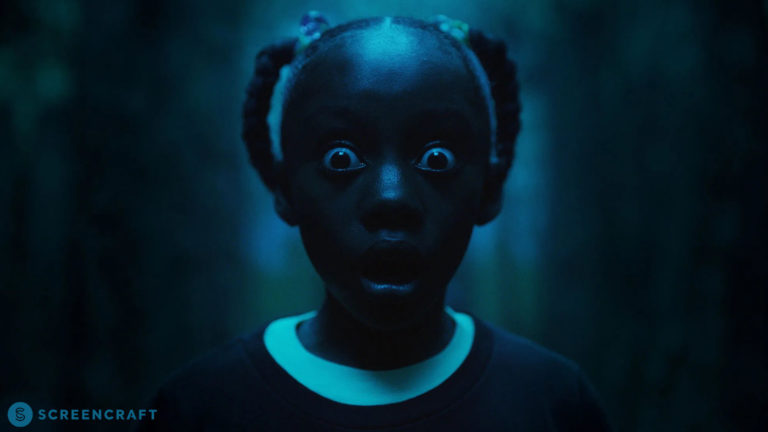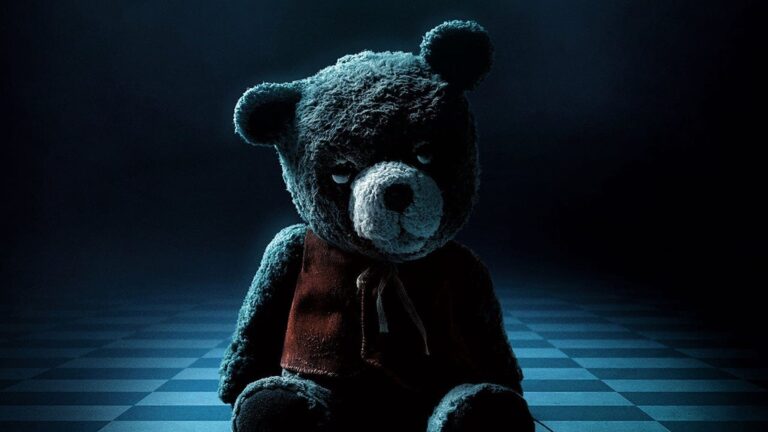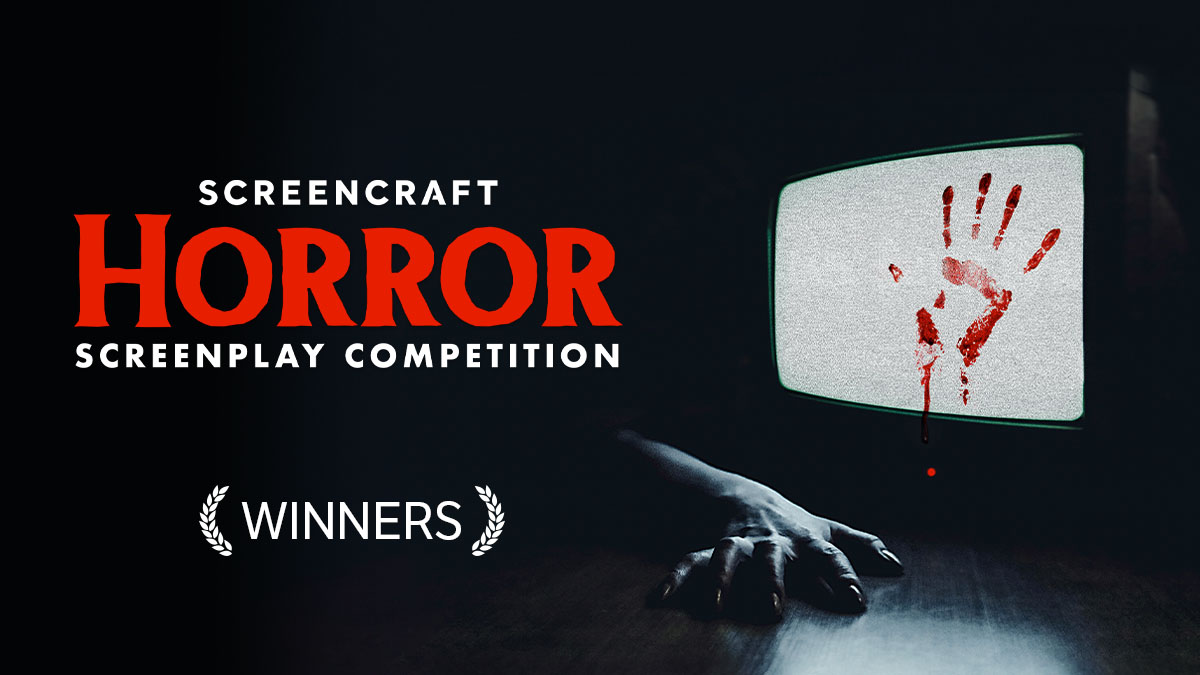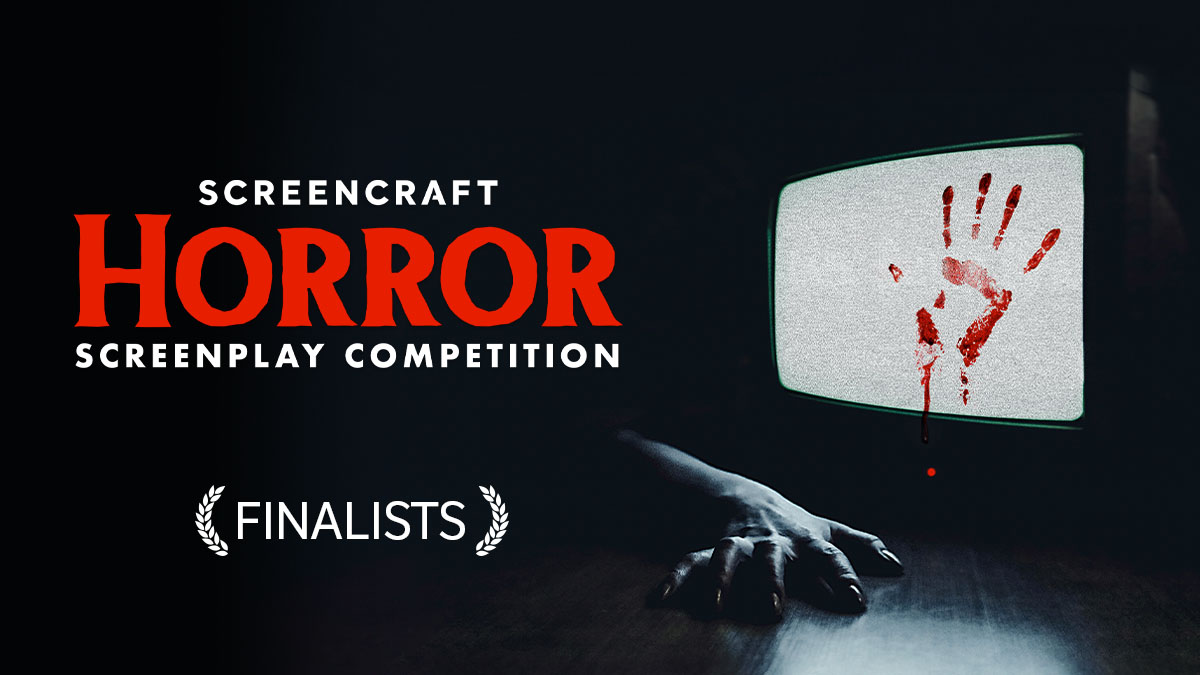Has Jordan Peele Redefined Horror Movies?

Jordan Peele horror movies have become a phenomenon. His unique brand of filmmaking has been the subject of many a critic and film theorist, including those at the BBC, who released a great video essay back in 2020 exploring the director's work (up until that point, at least).
The central thesis of the video is that Jordan Peele has redefined horror movies in modern times. But has he? Let's explore that question together as we analyze Jordan Peele horror movies.
The Impact of Jordan Peele Horror Movies
First, I want to discuss just how big of an impact Jordan Peele has had on the industry.
Before Get Out, Peele was known for his comedy, creating a massive fan base and reputation as one of our most gifted sketch comedians. Interestingly, even with his comedy, he was essentially doing the same thing he is doing with his movies —exploring societal themes using Hollywood tropes as a tool of familiarity to subvert the audience’s expectations for maximum emotional impact.
Think back to the infamous Obama meet-and-greet sketch that boasts over 25 million views on YouTube. Peele became one of the best Obama impersonators at that time, using that impersonation as a tool to get attention and then subverting our expectations with the punchline of his jokes. The meet-and-greet sketch is a perfect example of exploring race and societal expectations of different cultures in America.
That video not only made people laugh but it also brought attention to something known as “code-switching” — a term Harvard Business review describes as "adjusting one’s style of speech, appearance, behavior, and expression in ways that will optimize the comfort of others in exchange for fair treatment, quality service, and employment opportunities."
How Jordan Peele Uses Comedy
Let’s stay on the subject of comedy. Peele came from a comedic background, garnering a lot of attention for pushing the boundaries with his use of sensitive social themes in his content. And if there is one thing I can say about Jordan Peele's genre redefinition, it is his use of comedy in horror.
Frankly, it is as if Peele has done a complete 180 on us. He used comedy as the foundation of his stories, often including horror tropes to explore societal themes. Again, think about the Racist Zombies sketch. Absolute genius.
Now, Peele uses horror as the foundation of his stories, often including comedic tropes to create the same impact.
Cleverly using tropes, not coming across as too cliché, allowing the audience to recognize something important (whether it be comedy or horror), then subverting those tropes with some kind of thematic twist…is extremely hard, but Peele does it with eloquence. And that is what he is starting to become known for — like in his most recent movie Nope, which was easily one of the best horror movies in 2022.
In Nope, he led us to believe we were going to see a sci-fi thriller, then climaxed us with an action-adventure thriller akin to Jaws.
Now, let's touch on a few elements from each of his movies and find the similarities to continue exploring the question of redefining a genre.
Jordan Peele and the Societal Thriller
Get Out
Get Out is a genius movie. I think we can all agree on that at this point. It was Peele’s first feature that he wrote and directed himself with a budget of only $4.5 million — clearly another example of a low-budget horror movie success. It was also his first movie straying away from comedy as the foundation.
Get Out is a great, traditional horror movie, but it also makes a statement about society. In the BBC video essay, they brought up something interesting and important — horror films called Societal Thrillers, a kind of movie that has been around for a long time, producing some of the best horrors of all time. Rosemary’s Baby and The Exorcist are great examples. They are allegorical movies that use the genre to explore societal themes, specifically, in a subtle and open-ended way.
Get Out does this beautifully and is one of the best examples in recent times. Not only that but the film uses more comedic elements than the traditional Societal Thriller, which I think is very deliberate on Peele’s part. Part of what made Get Out a substantial success is that Peele’s already-established audience went to see the movie and absolutely loved it, creating a viral word-of-mouth movement. Whether Peele was thinking about it or not, using more comedy was a brilliant move–almost like a tactic to smoothly introduce his comedic audience to this classic horror genre.
I think Peele knew exactly what he was doing because of how detail-oriented he is about every aspect of his films — writing the script, set dressing, and casting. An observation brought up in the BBC video worth thinking about is how Peele strategically cast someone known for his wholesome role in a show with a predominantly white, liberal audience, The West Wing, to be the gruesome, racist antagonist.
We see you, Jordan Peele. And you are an absolute master.
Us
Us, another great horror movie, also explored a societal theme: the failure of the American dream. Us… US… U.S… United States… Get it?
This idea was proposed on the YouTube channel, The Film Theorist, and I agreed as soon as I watched the video essay.
I bring this up for this reason. Yes, Jordan Peele continued with the same basic premise–using horror as a backdrop, including comedic elements, to explore an important theme–but he did not put himself in a box by simply replicating Get out, nor did he make his theme as obvious as Get Out. He stepped into new territory and pushed himself even more than he did for his previous film. For that reason, Us did not do as well as its predecessor, but it seems to me that Peele cares more about expanding his craft than just replicating the same success as before.
And that leads me to…
Nope
Again, Jordan Peele continued with the same tactic — using genre to explore societal themes. This time, he not only stepped away from horror, he truly pushed the boundaries of cinema, creating a sci-fi monster that surprised us all — a UFO that is actually the alien itself. We have an analysis that explores the meaning behind Nope that you can check out that dives deeper into it, but here are a few essential aspects of the film's production that further prove Peele's ability to redefine genre.
The marketing of Nope was brilliant, at least if you measure it by how subverted the audience was. Peele decided to market the movie by making it seem like it would be a more traditional horror movie. Not only that but a horror movie that would inevitably have a twist — some kind of Hollywood trope reveal. But it was not a traditional horror, and yes, there was a reveal, but it was nothing close to a typical Hollywood trope reveal. He used the medium to push the boundaries. It is like every time Peele makes a movie, he is testing his audience to see how far they will go with him.
Summary
So, did Jordan Peele redefine horror movies?
My opinion is that rather than thinking of it as a redefinition, think of it as a revitalization. He brought horror back to life by reaching a new, broader audience — a younger generation. Because Peele rose to fame with his comedy, using classic horror movies as a backdrop so much of the time, he was able to smoothly transition his comedic audience to horror without losing them.
Of course, because Get Out was a phenomenon, blowing up much more than anyone would have ever imagined, he reached an even broader audience of people who maybe weren’t as familiar with him from his comedy. To them, Jordan Peele was this new horror movie auteur with unique trademarks that pushed the boundaries with his feature directorial debut — a movie with comedy, political themes, and tropes that paid homage to the classics. But to him… he was doing what he has always done. He combined horror and comedy, but this time, using horror as the prominent means of expression.
And seeing his trajectory so far, Get Out (Psycho Horror), Us (Psycho Horror Thriller), and Nope (Neo-Western Sci-Fi Horror), I can only predict that he will continue to push the boundaries through genre-blending, exploring other genres that go far beyond just horror.
I think it is safe to say that he not only brought the horror genre back to life but he also helped keep the craft of cinema alive.
Tags
Get Our Screenwriting Newsletter!
Get weekly writing inspiration delivered to your inbox - including industry news, popular articles, and more!




























